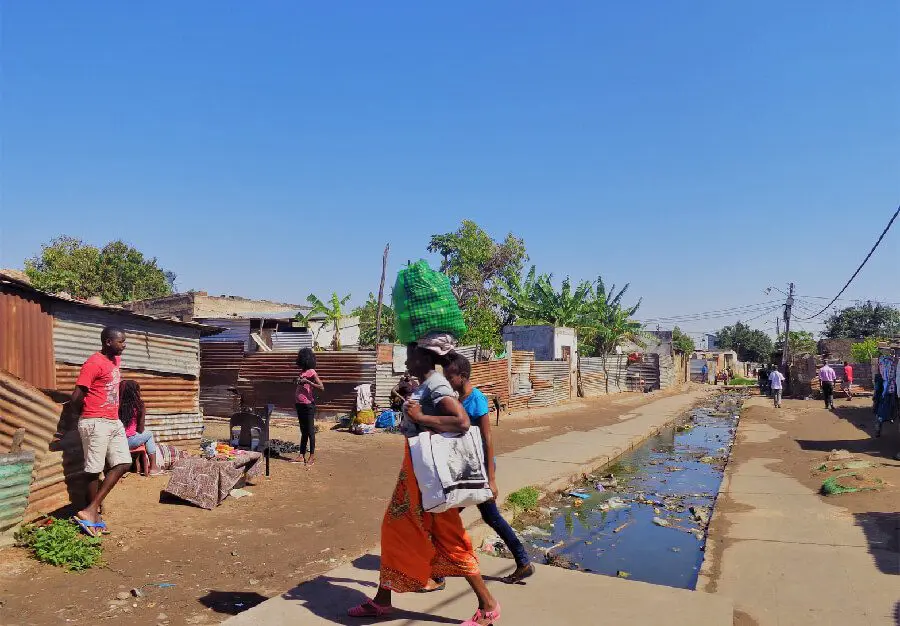MAPUTO – A combined total of €7.6 million in funding from the European Union (EU) is helping the United Nations World Food Programme (WFP) address the growing food needs in Mozambique driven by climate change, insecurity, displacement and the socio-economic impact of the COVID-19 pandemic, while also strengthening national capacity to respond to natural disasters.
Thanks to generous donors like the EU, WFP has been providing vital food assistance to nearly 323,000 people affected by the crisis in Cabo Delgado where escalating violence has displaced over 565,000 people.
“Despite challenging and unprecedented developments over the last few months, our partnership with WFP has ensured uninterrupted assistance to many vulnerable families in Mozambique, and especially to the increased number of persons displaced in Cabo Delgado,” said Annabelle Vasseur, EU Humanitarian Aid Technical Assistant in Mozambique.
The EU is also one of the partners of WFP’s lean season response in Sofala, Manica, Tete, Gaza, Maputo-Province, and Inhambane. Thanks to donations such as the one from the EU, WFP plans to provide food assistance to nearly 470,000 people, while also helping the National Disaster Management Institute (INGC) strengthen its capacity to prepare for and respond to disasters using unmanned aerial vehicles or drones, which efficiently gather essential data.
“The needs in Mozambique have been growing every day. We are grateful to the EU for the continued support that allows us to reach those who need the most”, said Antonella D’Aprile, WFP’s Representative and Country Director for Mozambique. “The EU’s continuous investments in innovative technologies have also played a key role in national preparedness efforts enabling to save lives and conduct assessments in the immediate aftermath of sudden-onset natural disasters”.
Funding from the EU is also allowing WFP to develop life-changing innovations for longer-term climate resilience of communities in drought-prone districts of Gaza and Tete. One of these innovations is the development of an early warning system, which helps farmers prepare for prolonged dry spells. When fully operational, this system will improve farmers’ resilience to natural hazards and reduce the potential damage to the livelihoods and of smallholder farmers.
The European Union is a long-standing partner to WFP, contributing over €32.8 million towards WFP’s activities across Mozambique over the past five years.
The United Nations World Food Programme is the 2020 Nobel Peace Prize Laureate. We are the world’s largest humanitarian organization, saving lives in emergencies and using food assistance to build a pathway to peace, stability and prosperity for people recovering from conflict, disasters and the impact of climate change.






